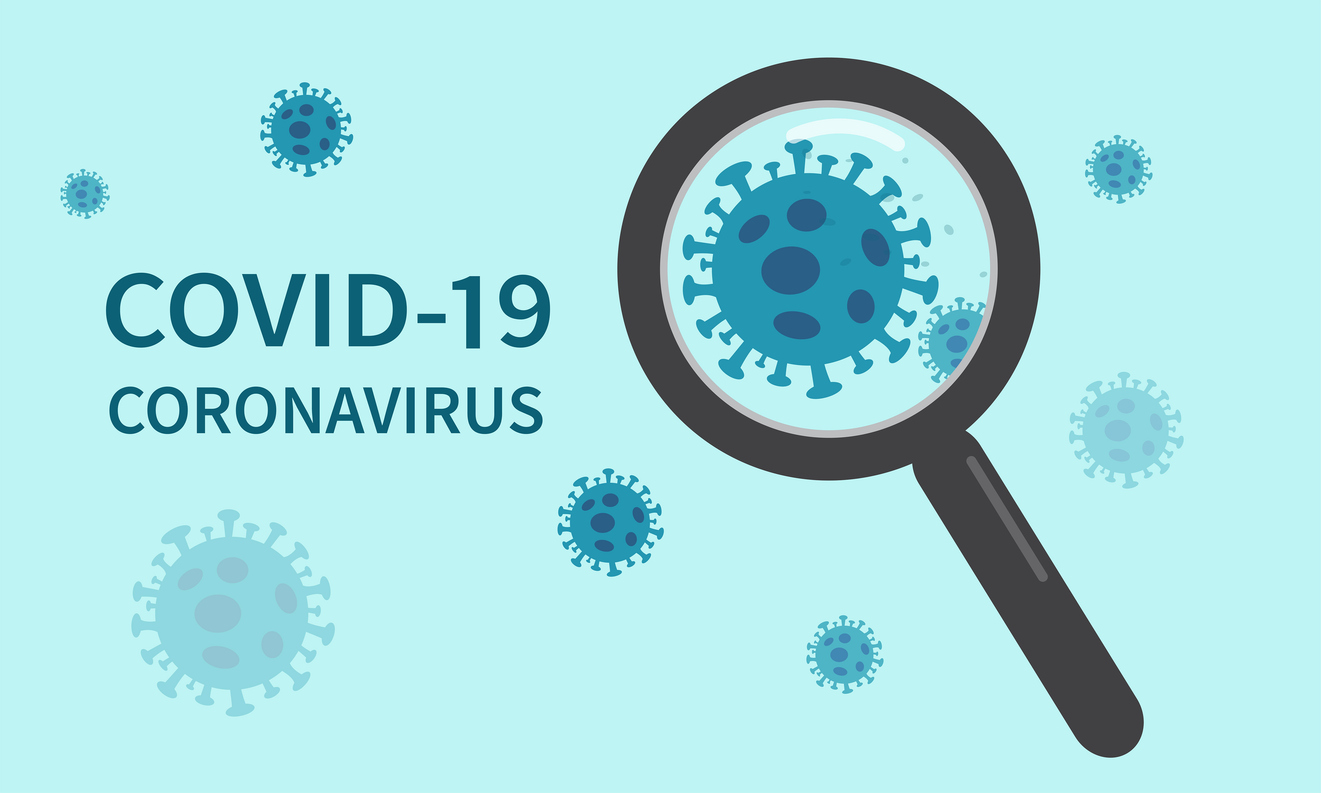2024-12-19
COVID-19 and coagulation parameters: a link to mortality?
Allergology and Immunology Infectiology
Which coagulation markers are associated with mortality?
A meta-analysis of 48 studies, including 6,969 participants, compared deceased patients to survivors. The main parameters analyzed included platelet count, prothrombin time (PT), D-dimer, INR, fibrinogen, and activated partial thromboplastin time (aPTT).The results revealed significant thrombocytopenia in deceased patients, characterized by a lower average platelet count compared to survivors. Furthermore, levels of D-dimer, PT, and INR were significantly higher in deceased patients, indicating a hypercoagulable state. In contrast, fibrinogen and aPTT did not show significant differences between the two groups.
COVID-19 and coagulation parameters: a crucial link to mortality
This study emphasizes the critical role of coagulation parameters, such as D-dimer and PT, in assessing the severity and mortality risk in COVID-19 patients. Thrombocytopenia, already recognized as a marker of severity, is also confirmed as a reliable indicator of poor prognosis. These findings support the integration of systematic coagulation testing into clinical monitoring to quickly identify high-risk patients and optimize therapeutic strategies, particularly with anticoagulant use.
Last press reviews
Vaccine vs. SMC: rivals or partners?

#MalariaVaccine #R21MatrixM #Malaria #Vaccination #SMC #InsecticideTreat...
A race against time for a vaccine?

#PfSPZ #Vaccination #Malaria #Immunogenicity <br><br><br>...
Birch allergy: could one shot change everything?

#AllergicRhinoconjunctivitis #IgG4 #Allergoid #BirchPollen #Immunotherap...